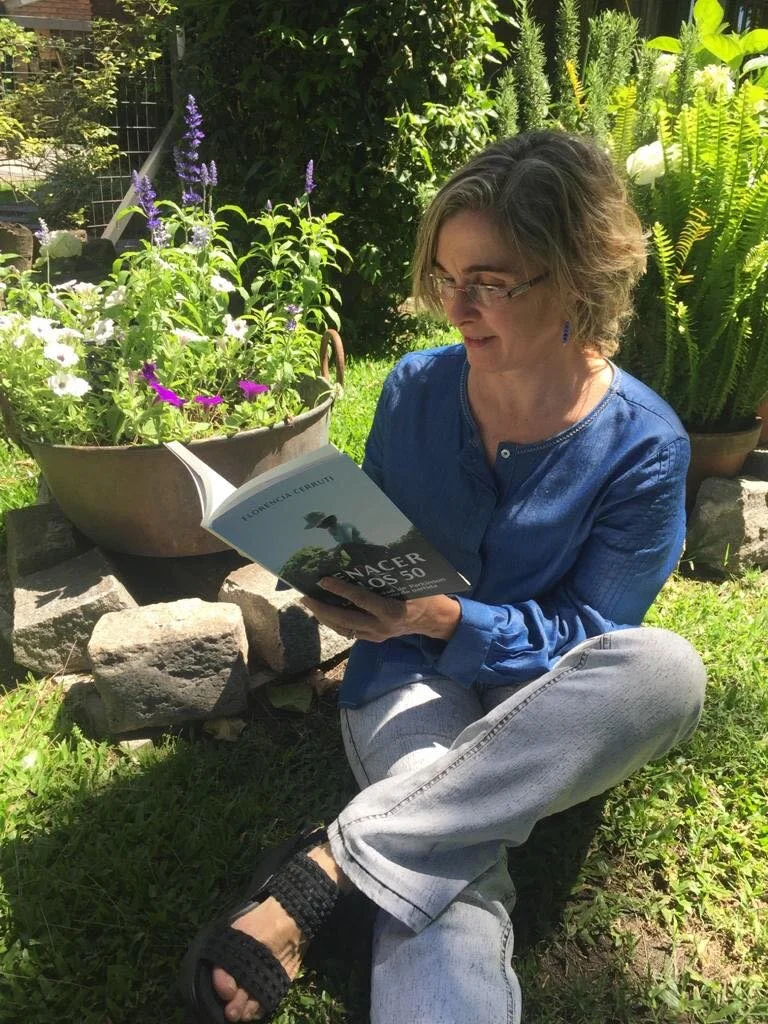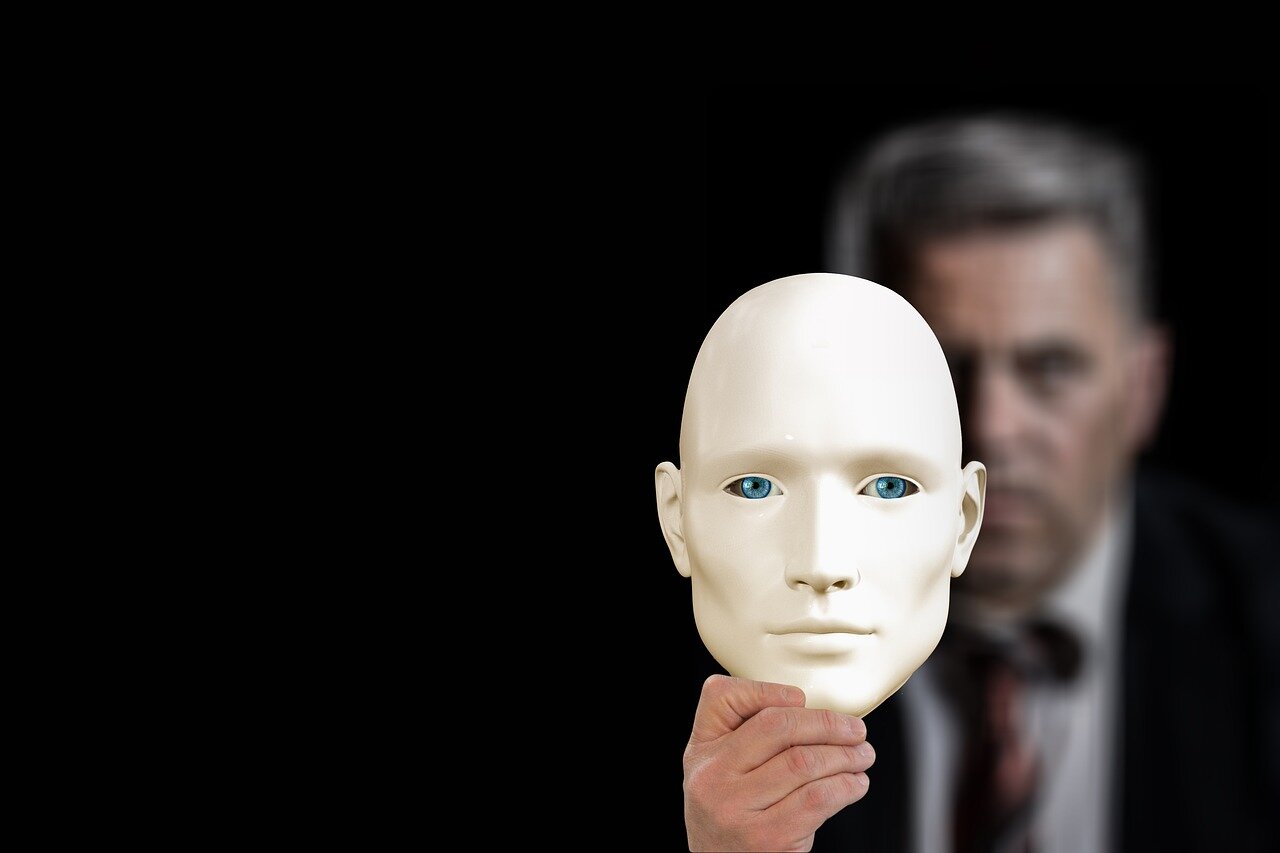When Florencia Cerruti was diagnosed with Parkinson's Disease at age 47, she began using journaling, writing down her private thoughts about her experiences, as a coping mechanism and a therapeutic outlet. Through this self-reflection, she realizes early that there is some innate element of bodily wisdom in the diagnosis of an "idiopathic" chronic condition - that it contains an aspect of her body saying "no more" to a lifetime of holding herself to too high standards, of perfectionism, of "wearing the cape of superwoman".
Read MoreFeeling Safe and Parkinson's Disease
This article seeks to convey pragmatic and applicable knowledge of the human nervous system to people affected by Parkinson’s Disease and those involved in providing healthcare and caregiving, as well as to try to summarize for myself my own current understandings of these concepts. In particular, we explore the role of people, attitudes and relationships in the lived experience of people with PD.
Read MoreMy Hospitalization with Parkinson's Disease
When the ambulance arrived, the paramedics were sympathetic and could immediately see I was indeed in a terrible state. They agreed things were so bad that I needed to go Accident & Emergency (A&E, the equivalent of the ER in North America) with them immediately.
Read MoreSurviving and Parkinson's Disease
By Jennifer Oldroyd, Contributing Author and Person with Parkinson's.
Just like the family of a person who smokes can suffer from passive smoking, the carers of people with Parkinson's suffer from Passive Parkinson's. If they still want to do things together they have to slow right down to accommodate the Person with Parkinson's. The question is - is this necessarily a bad thing? While we do not draw Parkinson's into our lungs, a negative way of looking at things can be infectious and negative thinking is stifling.
Read MoreCaregiving for a Person with Parkinson's Disease
Here at Out-Thinking Parkinson's, it is our mission to help not only People with Parkinson's, but also the people who love and care for them, those who also have, in a very direct way, their own lives touched by the disease.
One of the most valuable contributions we can make, we feel, is simply to express the feelings and thoughts of what it is like to be a person affected by Parkinson's or to care for someone with the disease. We hope this humanization of PD will help others in the same situation come to terms with living with the disease and bring new understandings for the wider community too.
Read More



